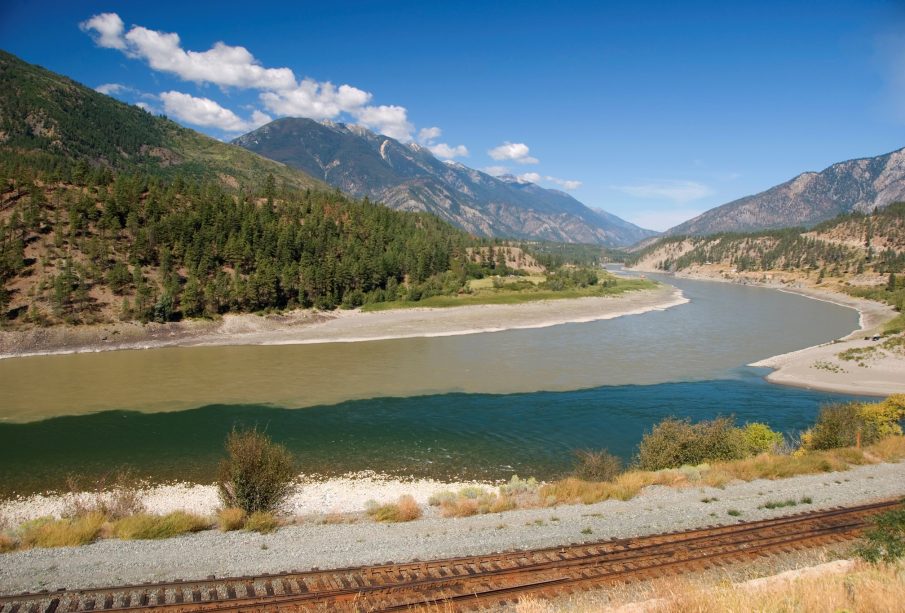Lytton, BC: A Community on the Path to Recovery

Introduction
Lytton, British Columbia, a small town with a population under 300, has recently become a focal point of resilience and rebuilding efforts following devastating wildfires that destroyed much of the community in June 2021. This picturesque town located at the confluence of the Fraser and Thompson Rivers is significant not only for its natural beauty but also for its cultural heritage, making the recovery efforts there crucial not just for local residents but for the broader community.
The Wildfire Crisis
In late June 2021, a heat dome settled over western Canada, leading to record-breaking temperatures and creating conditions ripe for wildfires. The Lytton fire rapidly spread, leading to the evacuation of residents and the virtual destruction of the town in less than an hour. Approximately 90 percent of buildings were severely damaged or completely destroyed, including homes, businesses, and crucial community infrastructure, resulting in significant economic and emotional losses for the residents.
Recovery Efforts Underway
Since the disaster, the citizens of Lytton have demonstrated remarkable resilience. Recovery efforts have been initiated with a focus on rebuilding homes and restoring the community. Financial aid has been provided by the provincial and federal governments; for instance, the province allocated $2.2 million in funding in August 2021 for immediate relief needs. Additionally, the Lytton Reconstruction and Recovery Committee has been established to facilitate the collaboration of local stakeholders and support the town’s reinstatement.
Rebuilding plans include the construction of new homes and community facilities with an emphasis on safety measures to mitigate future risks of wildfires. Local agencies are also working to address mental health concerns resulting from the trauma faced by the residents.
Community Spirit Shining Through
The community’s spirit remains strong, supported by numerous volunteer efforts and fundraisers by individuals and organizations across Canada. Projects such as fundraising events by the Lytton First Nation and online donation campaigns have helped provide financial resources while also encouraging national awareness regarding wildfire preparedness and climate change challenges faced by remote communities.
Conclusion
As Lytton, BC, continues its journey toward recovery, the importance of community resilience and cooperation shines brightly. Local leaders are focusing not only on rebuilding physical structures but also on fostering a supportive environment for emotional healing and sustainable development. The situation in Lytton serves as a crucial reminder of the impact of climate change on small communities and highlights the necessity for proactive measures in both urban planning and public awareness initiatives aimed at wildfire prevention. This experience can serve as a model for other communities facing similar challenges, providing lessons on preparedness and recovery.








